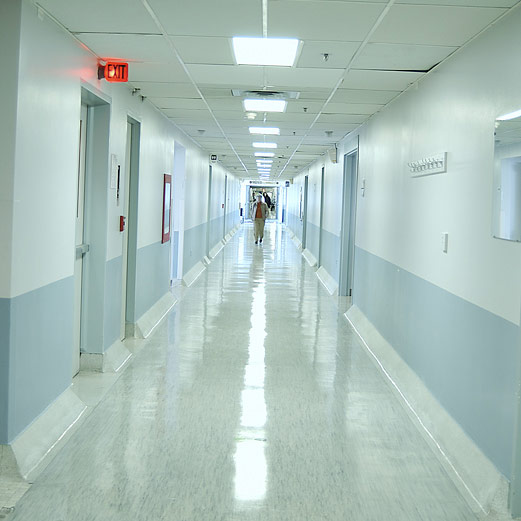
Here are some of the latest health and medical news developments, compiled by the editors of HealthDay:
Appeals Court Reverses Stem Cell Research Funding Ban
Stem cell research proponents welcomed Friday’s U.S. federal appeals court decision overturning a district court judge’s order that would have prevented taxpayer funding for human embryonic stem cell research.
“We’re thrilled with this decision and look forward to allowing federally funded scientists to continue with their work without political constraints,” Sean Tipton, a spokesman for the American Society for Reproductive Medicine, told the Associated Press.
In a 2-1 decision, a panel of the U.S. court of appeals in Washington reversed U.S. District Judge Royce Lamberth’s opinion that embryonic stem cell research likely violates a 1996 law that prohibits the use of taxpayer dollars in research that harms a human embryo.
Lamberth’s ruling involved a lawsuit by two scientists who said the Obama administration’s rules permitting taxpayer dollars to be used for embryonic stem cell research threatened their ability to gain government funding for research using adult stem cells, the AP reported.
—–
Salmonella Outbreak Linked to Labs: CDC
U.S. health officials say a nationwide salmonella poisoning outbreak that’s left one person dead and put at least 10 in hospital is linked to clinical and teaching microbiology laboratories.
Since August, about 73 people in 35 states have been sickened by salmonella bacteria, and some of those cases involve a strain of Salmonella typhimurium sold commercially to laboratories, according to the Centers for Disease Control and Prevention, msnbc.com reported.
The first illness occurred in late August and the most recent cases were reported March 8, the CDC says. The patients include employees and students of the laboratories, as well as children in the homes of people who work or study at the labs.
Salmonella can be transmitted via contaminated items such as lab coats, car keys, pens, and notebooks, CDC officials said, msnbc.com reported.
—–
Food Companies Should Push Healthy Foods for Kids: U.S. Government
Food makers should voluntarily replace child-targeted ad campaigns for unhealthy products such as chips, soda and candy with healthier foods, says a proposal released Thursday by several U.S. government agencies.
American children need to consume less sugar, sodium, saturated fat and trans fat, and eat foods that “make a more meaningful contribution to the diet,” according to the Centers for Disease Control and Prevention, the Food and Drug Administration, the Department of Agriculture and the Federal Trade Commission, the Wall Street Journal reported.
“The proposed voluntary principles are designed to encourage stronger and more meaningful self-regulation by the food industry and to support parents’ efforts to get their kids to eat healthier foods,” the agencies said in a joint new release. “While the goals they would set for food marketers are ambitious and would take time to put into place, the public health stakes could not be higher.”
The agencies noted that about one-third of children in the U.S. are overweight or obese, the Wall Street Journal reported.
—–
Episiotomies Decline in U.S.: Report
Episiotomies in the United States decreased 60 percent between 1997 and 2008, according to a federal government report released Thursday. Episiotomy is a surgical incision to widen the vaginal area during childbirth.
During the same period, the use of forceps during child delivery fell 32 percent, from 14 percent to 10 percent, and the proportion of hospital stays of women who delivered via cesarean section rose by 72 percent, according to the latest News and Numbers from the Agency for Healthcare Research and Quality.
Between 2007 and 2008, the number of hospital stays for childbirth fell from 4.5 million to 4.2 million, after increasing an average of 2 percent a year since 1999.
Of all childbirth hospital stays in 2008, 36 percent were in the South, 26 percent were in the West, 23 percent in the Midwest and 16 percent in the Northeast.
—–
Cheaper Drug as Good as Costly One for Eye Disease: Study
A cheaper drug is as effective as a more expensive drug for treatment of an eye disease that’s a leading cause of vision loss in elderly people, according to a new study.
Researchers compared patients with wet macular degeneration who received monthly shots of Avastin ($50 per treatment) or Lucentis ($2,000 per treatment) for one year. Lucentis is approved in the United States for treatment of wet macular degeneration, while Avastin is a cancer drug used off-label by many doctors to treat the eye disease, the Associated Press reported.
Vision improvement was the same for both groups of patients, the study said.
The findings were published online Thursday in the New England Journal of Medicine and will be presented at a meeting this weekend, the AP reported.
—–

